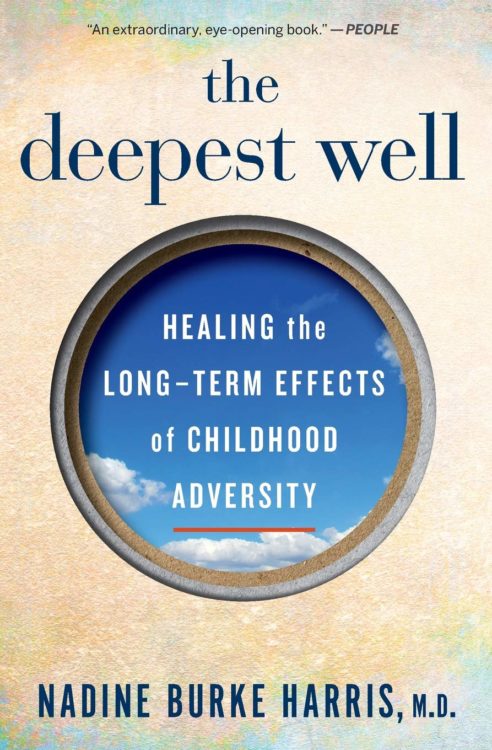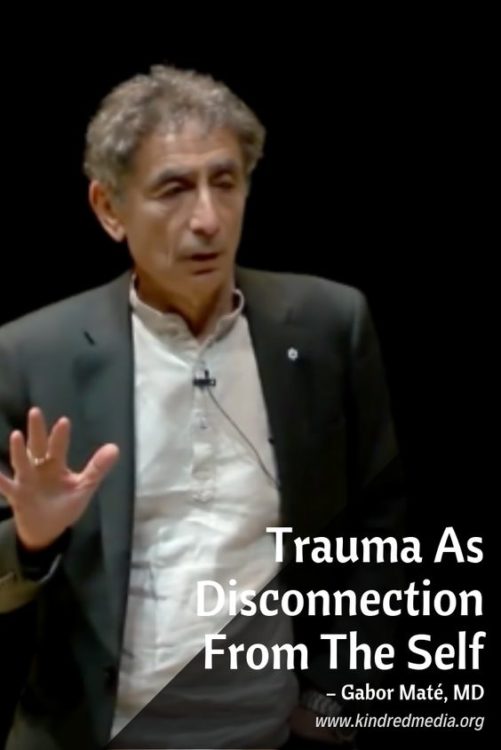New Study Reveals Annual Cost of Childhood Adversity in California Is Approximately $113 Billion
Find resources for Adverse Childhood Events, ACEs, on Kindred.
Articles, videos and Get Your ACES Score on ACES on Kindred.
The Center for Youth Wellness announces the release of an in-depth study on the health-related cost of adverse childhood experiences (ACEs) in the state of California.
A number of studies have investigated the cost of child maltreatment, but the current study, entitled “Adult health burden and costs in California during 2013 associated with prior adverse childhood experiences,” is the first to examine the cost associated with adult health conditions — asthma, arthritis, depression, COPD, and cardiovascular disease — that are linked to ACEs.
That cost, as it turns out, is substantial.
Previous studies on child abuse and neglect have estimated the lifetime cost to the United States to be approximately $124 billion annually. This new study found the health-related costs of ACEs to California alone were approximately $113 billion a year. That figure includes ACEs-related health care costs totaling $10.5 billion annually, with more than $102 billion in the cost of disease burden, including premature death and years of productive life lost to disability.
Principal investigator Ted Miller of the Pacific Institute for Research & Evaluation (PIRE) said that “what surprised me was that even one ACE makes a difference in what your likely health trajectory is.”
“More than half of California youth experienced at least one ACE,” Miller continued. “In adulthood, they each face an average of almost $600 in healthcare costs annually as a result — a figure that accounts for 8% of California’s annual healthcare costs.”
“Research continues to tell us the cost of ACEs is significant individually, societally and economically. We must take action,” said Dr. Nadine Burke Harris, contributing researcher to the study and California Surgeon General. “Under Governor Gavin Newsom’s leadership, California has set a bold goal to cut ACEs and toxic stress in half in a generation. The ACEs Aware initiative is the first step in a coordinated effort to address ACEs as a public health crisis.”
Some of the study’s key findings on costs to California include:
–The researchers found that any exposure to ACEs, which include abuse and neglect, was linked to an increase in risky behaviors and life-threatening diseases.
–A higher number of ACEs translates to higher costs. Only 16% of the population have 4+ ACEs, but they account for 36% of total ACEs-related healthcare costs.
— 15% of the state’s healthcare spending related to ACEs is for ACE-related health risk factors (smoking, heavy drinking and obesity).
“While these costs are significant, the total cost may be even higher because the study did not look at the ‘downstream’ costs of ACEs, such as higher rates of foster care, incarceration, homelessness, community violence, special education, diminished productivity at work,” said James H. Hickman, CEO of the Center for Youth Wellness, who pointed out that other studies have found these consequences add many billions more to the cost of ACEs.
To study ACEs-related health outcomes, the researchers looked at associations between ACEs and 7 health outcomes from California and 13 other states, using four years of federal health data from the Behavioral Risk Factor Surveillance System. After identifying asthma, arthritis, depression, cardiovascular disease, and COPD as “plausibly linked” to ACEs, the researchers estimated healthcare costs using other well-established data algorithms.
The study was conducted by the Pacific Institute for Research & Evaluation (PIRE) with assistance from CYW and funded by JPB Foundation.
The study was led by research scientists Ted R. Miller, PhD and Geetha M. Waehrer, PhD, of PIRE and the team involved in the study included Deborah L. Oh, PhD, Sukhdip Purewal Boparai, MPH, Sheila Ohlsson Walker, PhD, Sara C. Silverio Marques, DrPH and Nadine Burke Harris, MD, MPH.
Learn more about the study and its methodology and findings. For more information, please contact the researchers:
Ted Miller, PhD
Senior Research Scientist, PIRE
Phone: 240-441-2890
Email: miller@pire.org
Geetha Waehrer, PhD
Research Scientist, PIRE
waehrer@pire.org
301-755-2714
To learn more about California’s approach to addressing ACEs and toxic stress, primary care provider ACEs screening training, and the ACEs Aware initiative, please visit www.ACEsAware.org.
Pacific Institute for Research & Evaluation (PIRE)
PIRE is an independent, nonprofit organization merging scientific knowledge and proven practice to create solutions that improve the health, safety and well-being of individuals, communities, and nations around the world.
The Center for Youth Wellness is part of a national effort to revolutionize pediatric medicine and transform the way society responds to children and adults affected by significant adverse childhood experiences and toxic stress.
SOURCE Center for Youth Wellness




